For many of us, connecting to Wi-fi is a 24/7 thing. Our devices at home all use Wi-fi, and even when you leave the house, the likelihood is that you’re going to another place where you’ll likely connect to their Wi-fi.
And with so many of us connecting to a Wi-fi network on a daily basis, we definitely need to ask the question; just how secure is our connection? A secure network is important if you want to completely avoid any security problems.
Now, this will vary greatly depending on which network that you are connecting too. However, there are things you can do to help to ensure that your connection is secure and safe. So, let’s look at just how secure your Wi-fi connection is.
How secure is Wi-fi?
The fact of the matter is that your home Wi-fi is going to be much more secure than connecting to a public Wi-fi. The chances of you being hacked by connecting to either of these is rather slim, however it’s much easier for someone to hack you if you’re connecting to a public Wi-fi connection.
A hacker doesn’t always want to know your bank details and your credit card numbers. They may be able to hack your phone to know your location, or just to know which websites you’ve been visiting. They may just want to force your browser to visit their ads so they can get some cash from it as opposed to a full blown cyber crime.
The positive news is that WPA2 security makes connecting to Wi-fi very secure. This helps to ensure that all of our details are encrypted, and our wireless internet cannot be accessed by other people. If you’re not using WPA2, then it’s a good idea to think about it – or, you can look at WPA3 too, which is an even more improved version.
Whilst Wi-fi networks are relatively secure, there are things that you can do to ensure your safety. Here are a few of the things that you can do to further protect yourself and increase the cyber security of your device.
How to be safe when accessing public Wi-fi
Public networks are always going to carry more risk than your home one. With a home network, you have complete control over it, the password and the ability to see who’s connected to it.
You completely lose this by accessing a public network. So, we need to accept that there’s definitely some added security issues. If you’re going to use a public Wi-fi network, then there are some things that you can do to help you minimize any potential risk of your connection being compromised.
Download a VPN
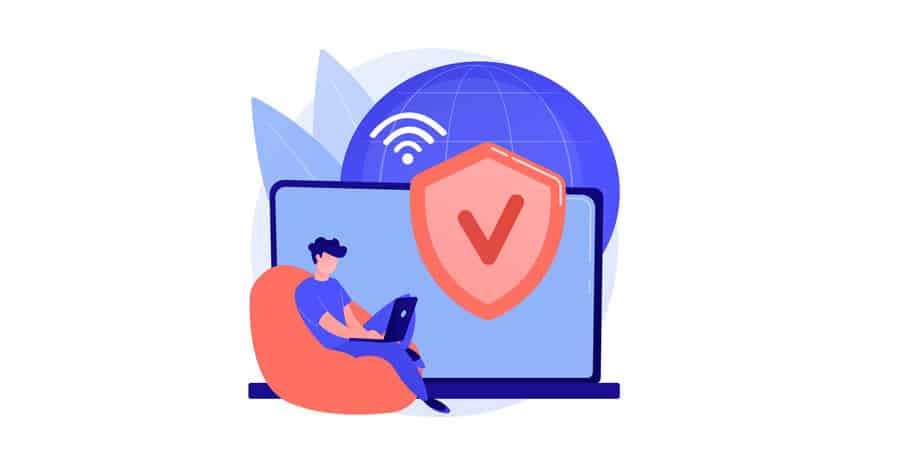
If you don’t use a VPN, then the likelihood is that you know a ton of people who do. With more and more people wanting increased anonymity online, it’s no surprise that many people are now using a VPN whenever they’re browsing the web.
Not only can a VPN allow you to keep all of your online activity anonymous, but it can be another way to prevent yourself from being a victim of hackers. It’s one of the cheapest ways for you to protect yourself when browsing on your home Wi-fi network, but also on when you’re using a public connection too.
Save purchases for home
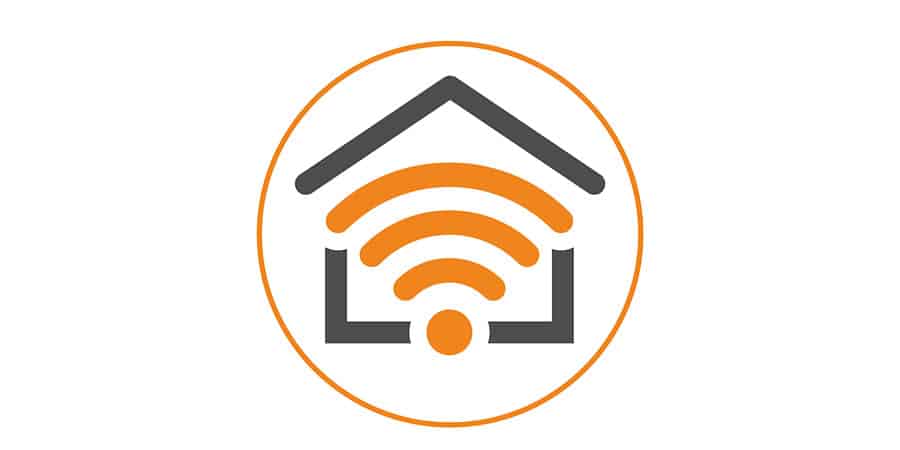
If you really want to be careful when you’re using public Wi-fi networks, then you can limit yourself to only making purchases when you’re at home. Your home network is much less vulnerable than a public Wi-fi connection, and doing this can help to prevent someone getting access to your card details.
Generally, using your banking app on a public Wi-fi network is much safer than your emails, because companies invest a lot of money into encrypting their products and ensuring their security. This is the same case for apps like Apple Pay or Tesco Pay, which are very secure.
The main threat is that someone can access your details like your email address and your card details, and then use your card themselves. Minimize the likeliness of this happening by only purchasing things online when you’re at home.
Use cellular when necessary
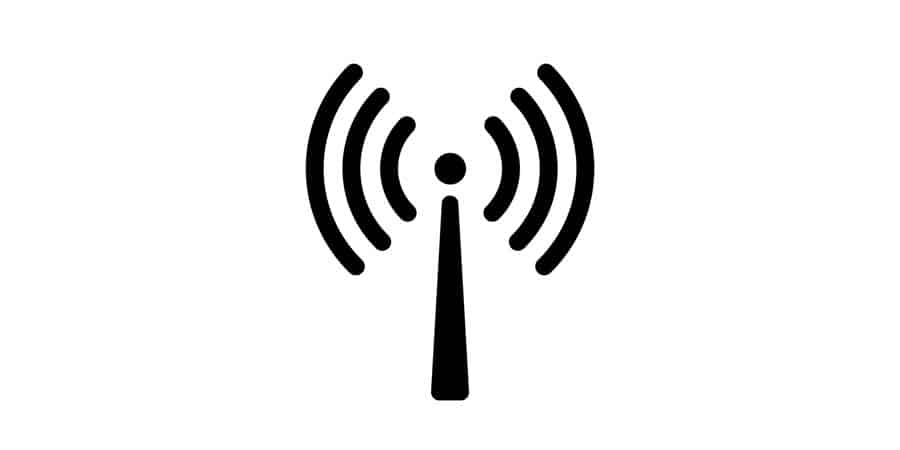
If you want to be very cautious, then one thing that you can do if you’re going to make purchases in public is to switch off your wifi and use your cellular data instead. This is going to be safer than making a purchase via a public wifi connection.
As well as this, you can also use a credit card instead of using your debit card. Credit cards are covered against fraud, so if you do get hacked, a credit card has better cover against fraud and offers better consumer protection.
Only use brand name Wi-fi
If you’re going to a shopping centre and you’re looking for a Wi-fi connection to connect to, try and stick to big name brands. You’re much less likely to have any trouble if you connect to Costa’s free wifi than if you connect to a router of a name you haven’t heard of before.
Some people set up a public Wi-fi connection with the sole intention of hacking into your device, so don’t give them what they want by connecting to their Wi-fi. Stick with the names that you know, and you shouldn’t have much of a problem.
Check for SSL certificates (https)
When you’re browsing the internet, if you’re going to make any purchases then make sure the website you’re on has a valid SSL certificate. This SSL certificate will mean that the website runs over https:// instead of just http://. Just check the website in your browser and see if has this, it should look like this;

The majority of websites on the internet nowadays will have this in place. But, just be sure to check that it has one, especially if you’re going to make a purchase. These certificates are used to verify that your online purchase will be safe.
Taking care on your home Wi-fi too
Whilst some of the tips that apply to using a public Wi-fi connection also apply to using a home connection too, some of them are just applicable to using your home Wi-fi. Even though your home internet connection is a lot more secure than a public connection, that doesn’t mean that it’s completely invulnerable.
Keep your router updated
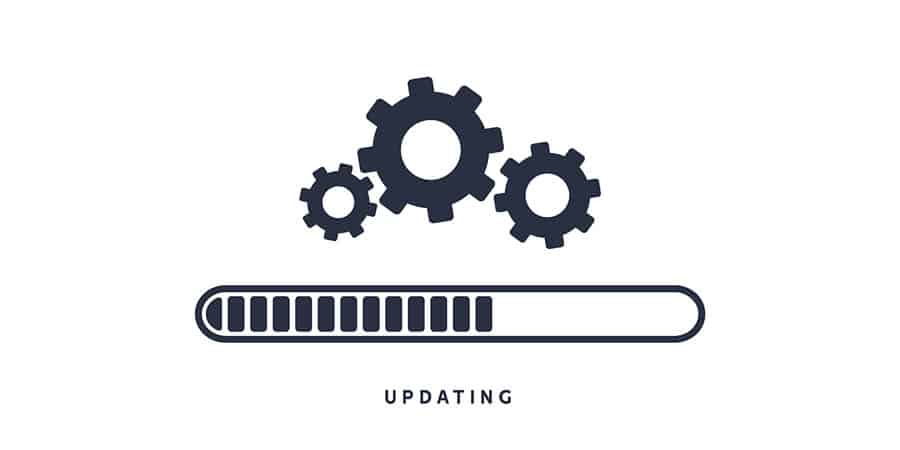
One of the most important things for you to do with your home internet is to keep your Wi-fi router updated. The software that’s on your router becomes more vulnerable as time passes, so ensure that you’ve got the latest software installed to increase your protection.
Doing this should be pretty easy and straightforward for you to do without any issues. Regular updates are released for all routers.
Turn your firewall on
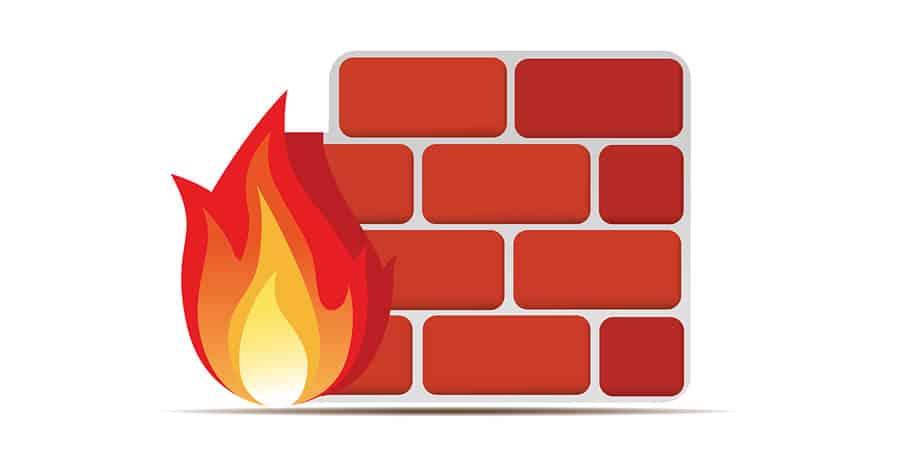
Most of the routers that you’ll find online nowadays do come with full firewall protection. However, many of them don’t even have the firewall turned on! So, make sure that your firewall is active on your router, as this is another thing that hackers will have to pass through to get your personal details.
This is true not only for a laptop, but you can also get a firewall for your phone as well if you want more protection. Some networks, like Sky Broadband Shield, will have an inbuilt firewall to protect you.
Create a good password
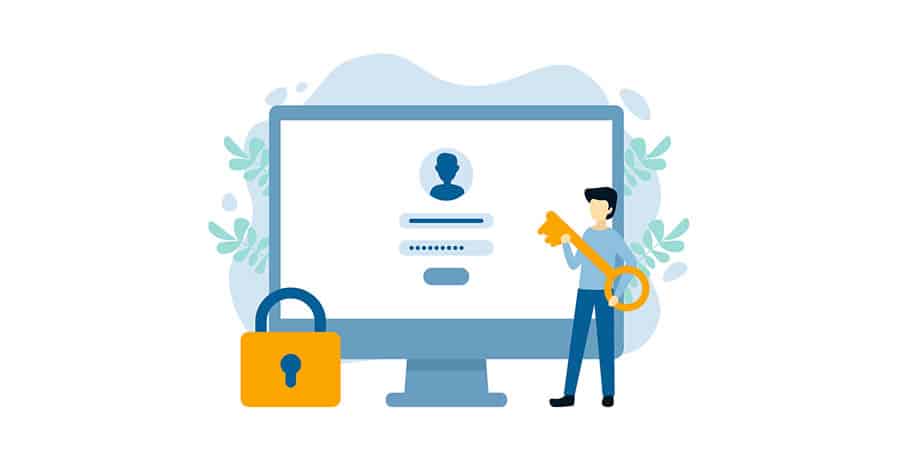
A lot of people that try to set their Wi-fi password to something simple they’ll remember, without thinking about other people connecting to it. But setting up a good username and password can help you to keep your Wi-fi secure. So, make sure that you don’t name it abc123.
Conclusion
Overall, your home Wi-fi is much more secure than using a public Wi-fi. The likelihood is that you’ll never experience any kind of issue with your details or personal information being hacked by someone else when you’re connected to Wi-fi.
However, you should always take precautions when connecting to wifi, especially if it’s a connection that you don’t recognize. Whilst it is generally safe to connect to the network you want to wirelessly, there’s still a small risk if you don’t do things properly.
Connecting using a WPA2 encryption is a wise idea if you want to ensure security. A simple thing the average person can do is to make their internet password longer – 12 or more characters is advised. This makes it difficult for hackers to brute force your password, and helps to make sure they cannot access your network.